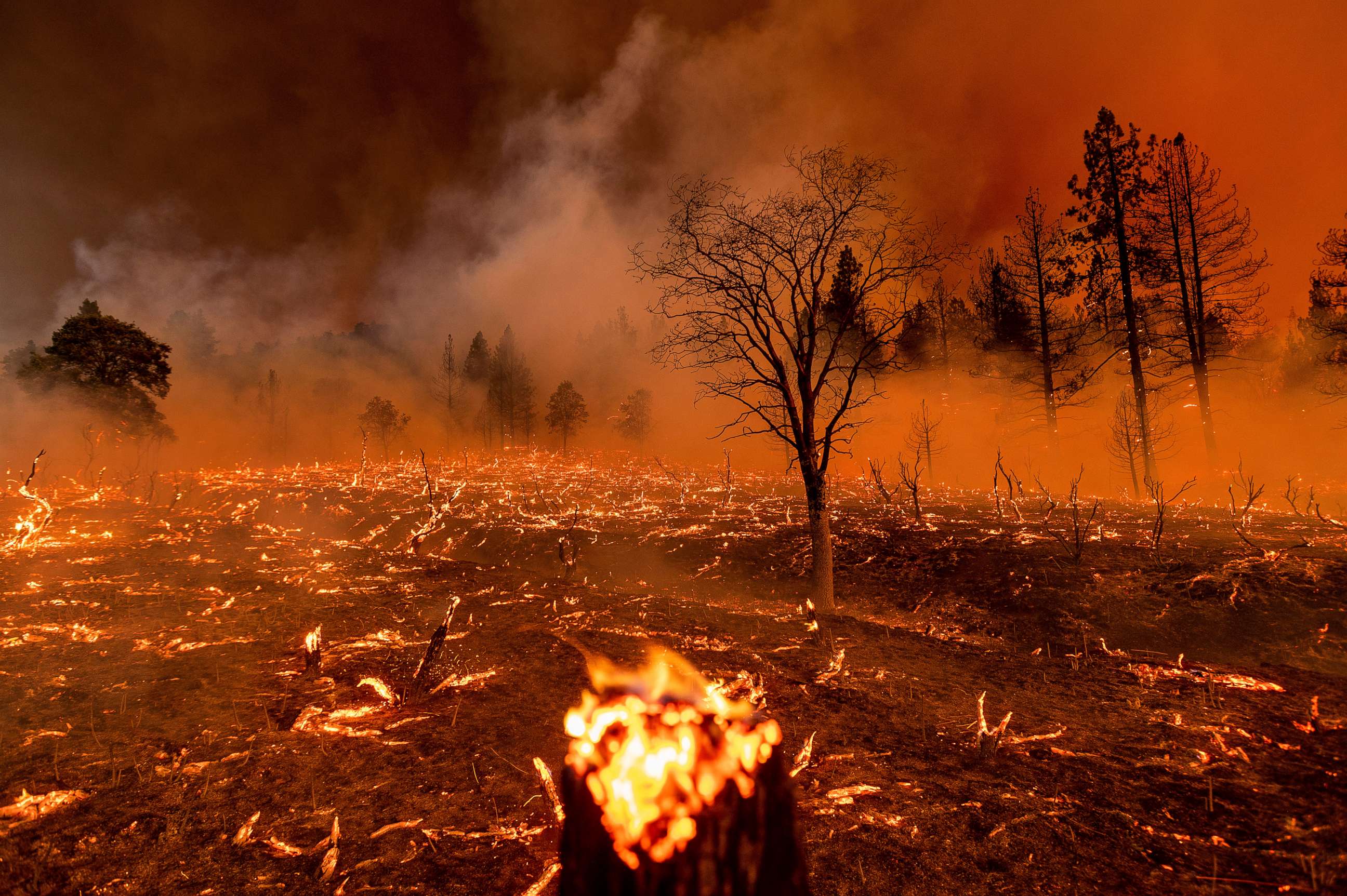Extreme Heat: The Silent Killer Amplified by Climate Change
Imagine a heat wave, and you might picture something like this:

A scorching summer day, intensified by climate change.
But extreme heat is a silent killer. And heating our planet is adding fuel to the fire. Now, for the first time, researchers have worked out just how many more lives a recent heatwave claimed due to climate change. So, how much more deadly are these disasters due to burning fossil fuels? And how can protecting people from the heat also protect so much more?
I'm Adam, a climate scientist with a PhD from Oxford, sharing what you need to know about climate change. Today I'm teaming up with an old friend, Freddy Otto. Freddy is a professor of climate science at Imperial College London. She leads the World Weather Attribution Initiative, which is a group of scientists aiming to answer the question what the role of climate change in individual weather events is.
Freddy has effectively founded the research field that links particular extreme weather disasters to burning fossil fuels. Her work is groundbreaking, and if you've seen headlines about climate change's role in extreme weather, you've likely seen her work.
The Recent European Heat Wave
Two weeks ago, a heat wave swept across Europe. The heat wave saw parts of Europe shut down. Outdoor work was banned at times in Italy, parents were told to keep their children home in Paris, temperature records were smashed in Spain and Portugal, and fires raged in Turkey.

Wildfires fueled by extreme heat in Turkey.
You might say, "We always had heat waves even before climate change." And for sure we did, but the point is that climate change is making them worse. Just like to quote climate scientist David Hoe, Twitter has always had a troll problem, but Elon Musk has made it worse. Freddy and collaborators have previously shown the role climate change has played in particular extreme weather events, but for heat waves, that's almost become pointless. Every heat wave that is happening now is hotter than it would have been without climate change.
Cities across Europe are not prepared for these heat waves. But what do we actually need to prepare for? Is extreme heat really so bad? Well, yes. The reality is heat waves can be extremely dangerous. If you don't take proper precautions, your body can actually overheat. Your heart can't work properly anymore, your lungs can't work properly anymore. And if you're then not cooled down quickly, that can lead to death.
The Deadly Impact of Climate Change
Extreme heat can be deadly, especially when the air is still and humid since then it’s harder to keep cool by sweating. Freddy and collaborators have previously shown that climate change has made European heat waves 2 to 4° hotter. That might not sound like much, but when we're talking about extra heat on top of extreme temperatures, that can make a massive difference.

Rising temperatures make heat waves more deadly.
Freddy and her collaborators set out to show this for the recent European heatwave. This study saw climate scientists team up with epidemiologists to work out just how deadly this heat was and how much more deadly it was due to climate change. The team worked tirelessly to analyze the data and publish their results as quickly as possible. It basically means you stop everything else you're working on and just focus on this for a week.
This was a first-of-its-kind study looking at a recent extreme heat disaster and asking how humans burning fossil fuels is changing the number of people dying. And they've done this with tried and tested and peer-reviewed techniques. So what did they actually find? Two-thirds of the deaths would not have occurred if it wasn't for climate change. Around 800 people would have died in this heat, but by heating the planet, we've added extra heat on top of this extreme heatwave. That brought the deaths up to around 2,300, triple the lives lost.
Who Is Most at Risk?
Heat waves are dangerous. Do not take them lightly. And here's the thing, extreme heat affects all of us, but it doesn't affect all of us equally. It hits the most vulnerable hardest. About 80% of the people who died were over the age of 65. When there's a heat wave, do you worry about the older people in your life? Do you reach out to them and check up on them? Preparing for a heat wave has made a difference for many, especially for those with health conditions like diabetes who struggle in extreme heat.

The elderly are particularly vulnerable during heat waves.
Work like this is so important because for the longest time we've talked about climate change as something far off that will affect someone else sometime in the future. But climate change is taking the lives of people all around us here. Freddy hopes that this work will help shift the needle on public opinion, pushing forward climate policy.
Preventing Heat Wave Deaths
Heat waves are claiming lives, and thanks to burning fossil fuels, Europe just saw a heat wave that claimed three times as many lives as it would have otherwise. Research reveals the longest deadliest heat waves are accelerating fastest. Another study showed that even in England and Wales, relatively mild climates, extreme heat could claim tens of thousands of lives annually in just a few decades time.
But it doesn't have to be this way. In theory, no one has to die in a heatwave because almost all of these deaths are preventable. They're often preventable with pretty easy measures. Lots of us simply don't know how serious extreme heat can be. Especially vulnerable people living alone, for example, need to know that heat is dangerous. Reinforcing that people need to stay hydrated, drinking more than they might think they need to, and getting people, especially vulnerable people, into cooler places is vital. For example, providing cooling centers that people can go to chill out, literally.
Win-Win Solutions
There's loads of other stuff we can do, too. Lots of these solutions are particularly awesome because they're massive win-wins. Like better insulating our homes can help keep them cool in summer. But of course, that also helps keep them warm in winter, avoiding winter deaths and suffering. That lowers energy demands, which saves people money and lowers emissions. That's like a quadruple win.

Green cities with trees and parks can reduce urban heat.
How we arrange our cities can also have heaps of benefits. If you break them out with lots and lots of trees and parks and green spaces, then also the temperatures in the cities are just not getting as high. Green spaces also absorb greenhouse gases, improve mental health, and support vital wildlife like bee populations. Urban plants can be fantastic at tackling deadly air pollution, which actually is especially important during a heat wave as air pollution adds to the risk from the heat.
Another change we can make when extreme heat hits: don't drive during a heat wave because that means that the air pollution levels are lower and also lowers the danger for vulnerable people.
Tackling the Root Cause
There's loads we can and should be doing to protect the most vulnerable among us from extreme heat and would get loads of other benefits from acting too. But we also need to tackle the root problem because as bad as extreme heat is today, it's going to get even more extreme tomorrow. We have at the moment 1.3° of global warming and we already have heat waves that are much worse than they would have been. As long as we keep burning fossil fuels, this will only get worse.
Luckily though, the inverse is also true. Once we stop burning fossil fuels, we stop the world heating and stop extreme heat and many other disasters getting worse. Until next time.


0 Comments